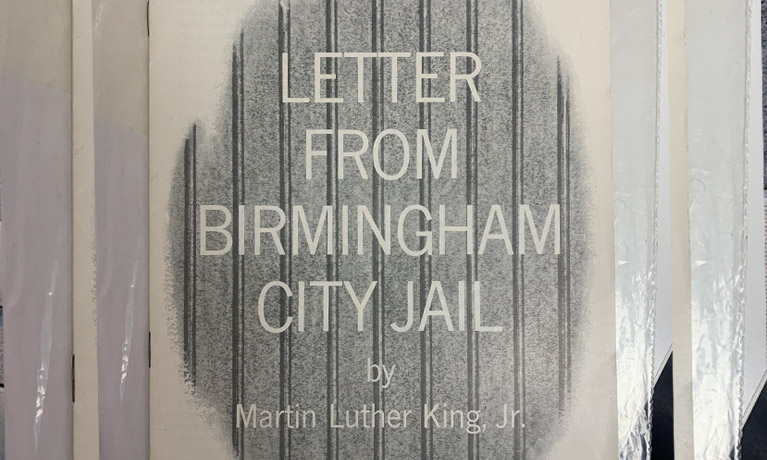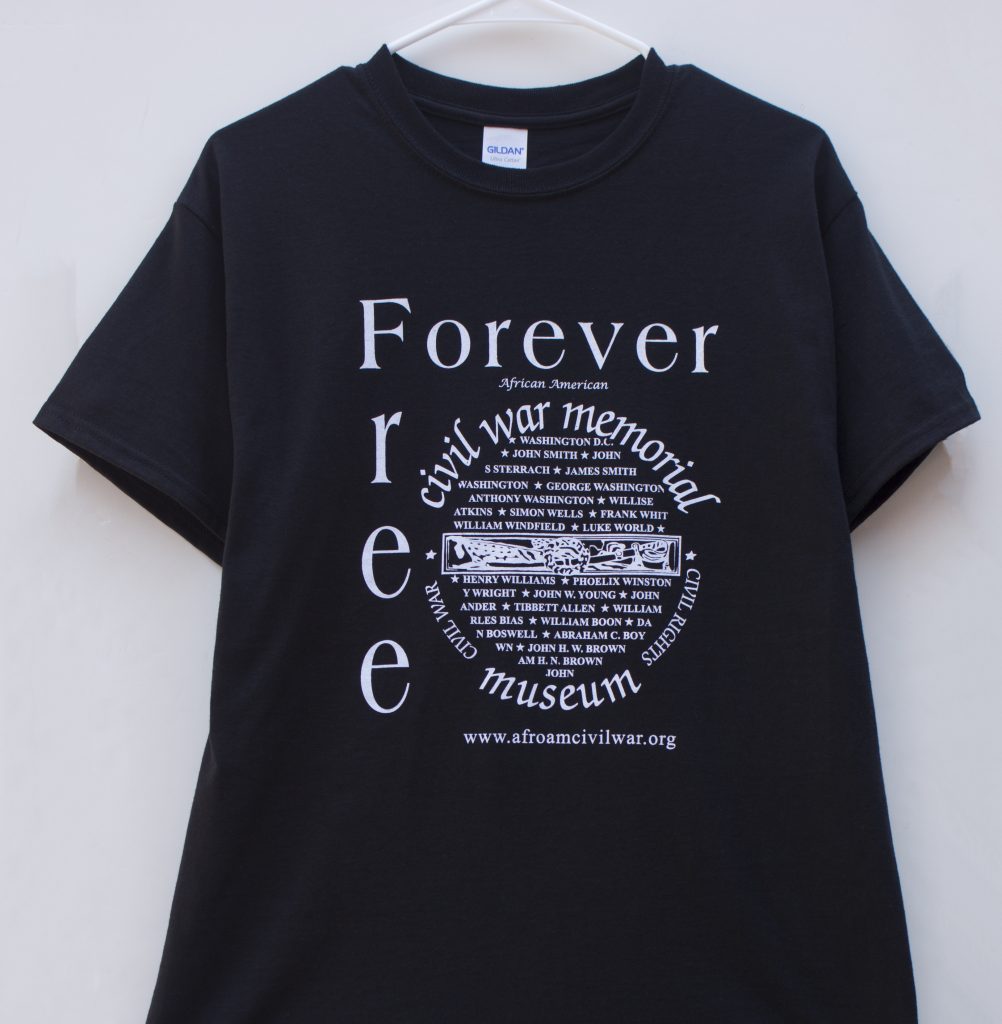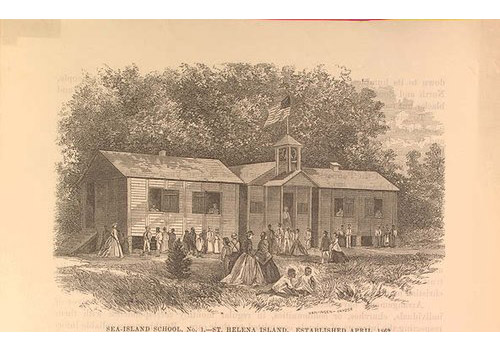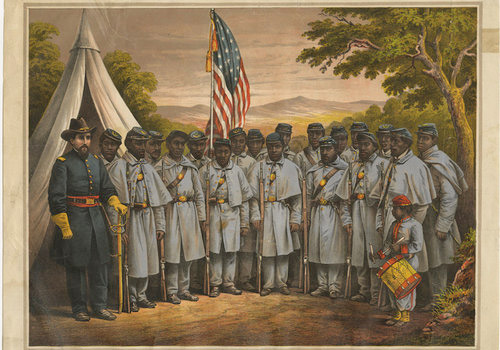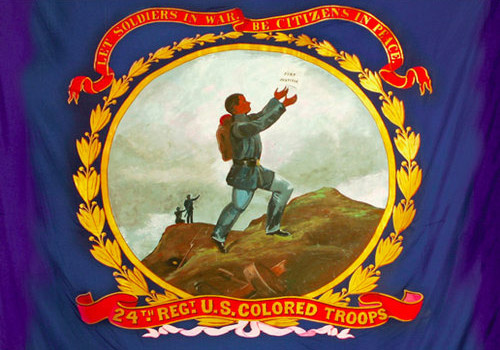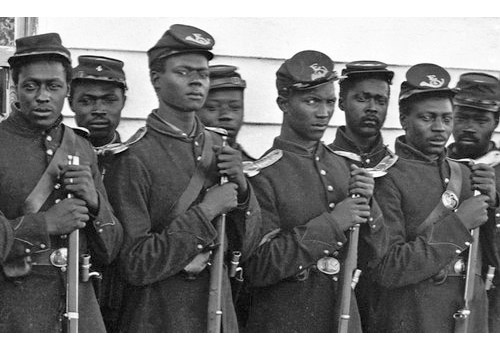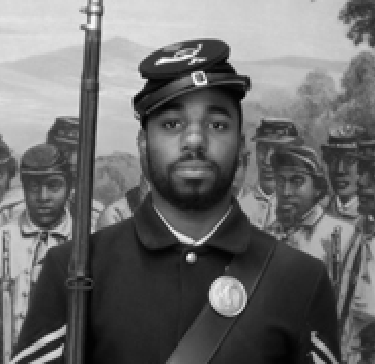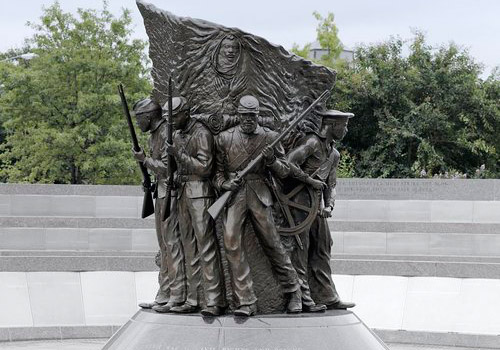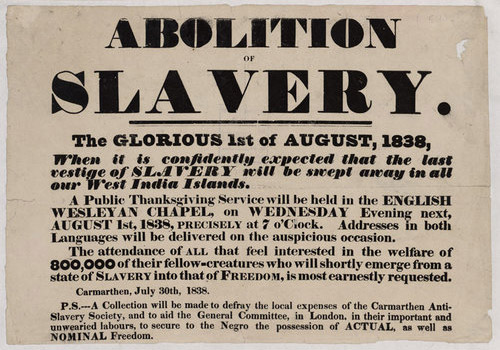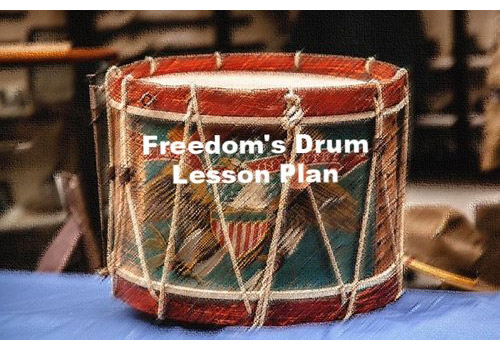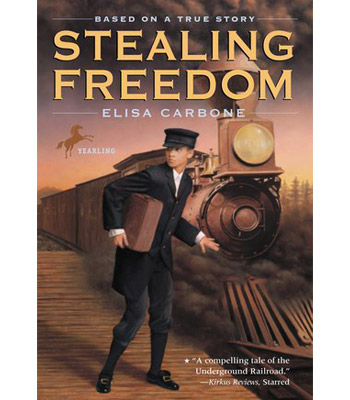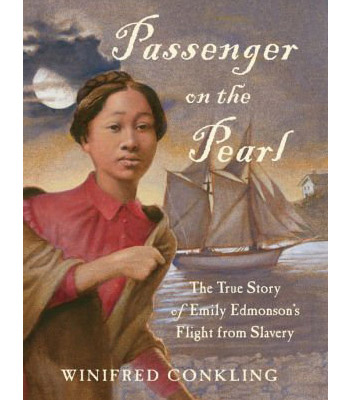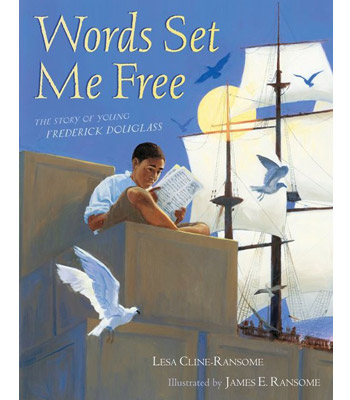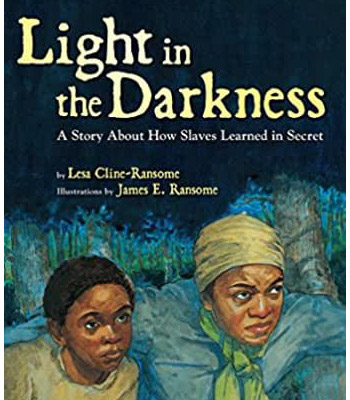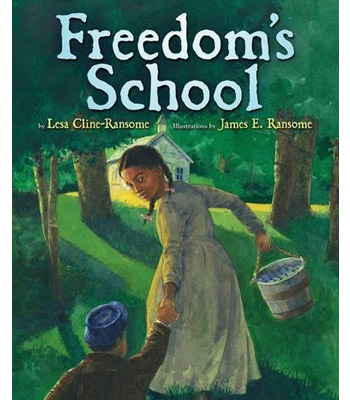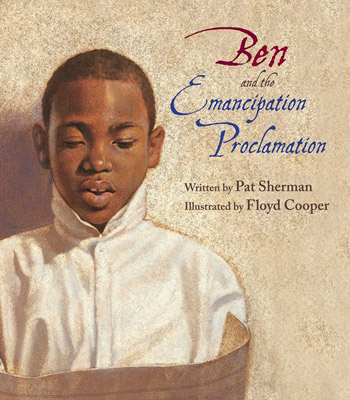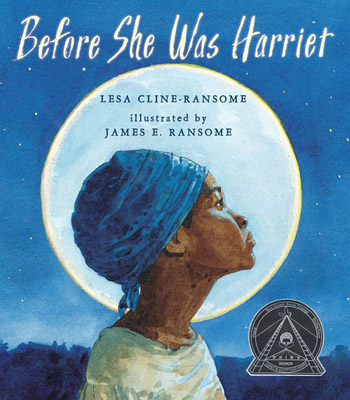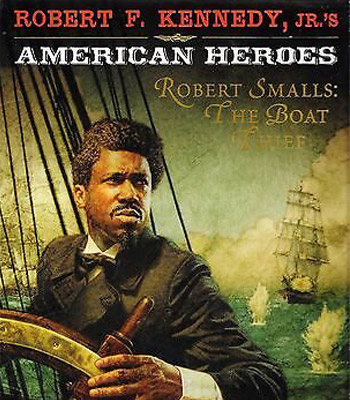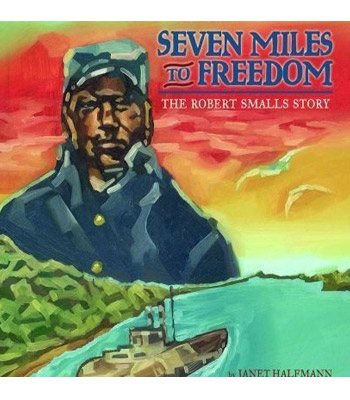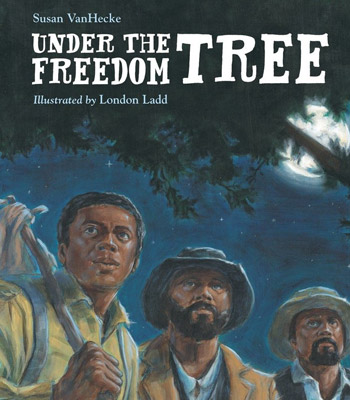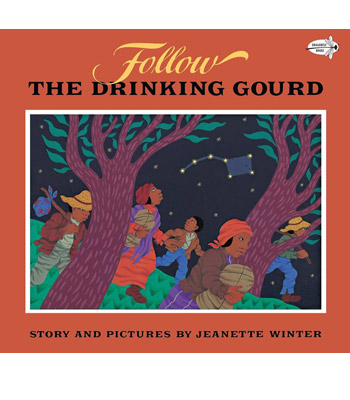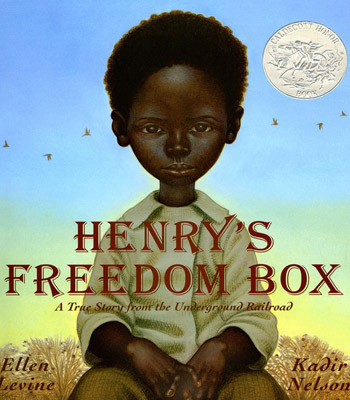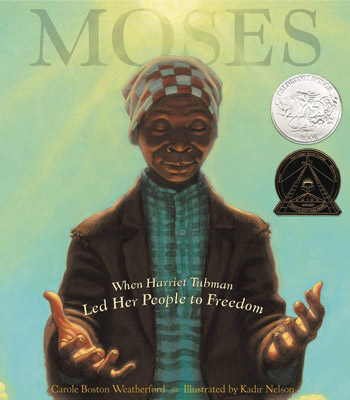In 1963, Dr. Martin Luther King Jr traveled to Birmingham, AL which was commonly known as ‘Bombingham’ during the 1960’s due to the influx of terrorist bombings done by the Klu Klux Klan specifically inflicted on Black households and businesses.
Dr. King reported to Birmingham, as it was reported to be the most segregated city in America during the Jim Crow Era with a lengthy history of police brutality of African American citizens, with a determination to end the discriminatory economic policies within the city through the Southern Christian Leadership Conference’s (SCLC) well-known non-violence tactics.
After a long fight and constant broken promises from politicians and leadership within Birmingham, Dr. King and multiple other activists ended up in jail. During his time in the Birmingham Jail, Dr. King read newspaper articles from fellow white clergymen declaring that African Americans should wait for a more “convenient season” to confront their governments about receiving their civil rights.
Dr. King was frustrated with these remarks and consequently wrote his iconic “Letter from Birmingham Jail” on scrap pieces of paper and within the margins of newspapers to voice his disappointment and declared there is no such thing as a proper timing to receive your civil rights.
“My friends, I must say to you that we have not made a single gain in civil rights without legal and nonviolent pressure”
Dr. King states “My friends, I must say to you that we have not made a single gain in civil rights without legal and nonviolent pressure. History is the long and tragic story of the fact that privileged groups seldom give up their privileges voluntarily.”
This comes after King details the comments of fellow clergymen saying that the SCLC are practicing extremist tactics and that the issues that they are confronting are “social issues with which the Gospel has no real concern.”
Imagining Dr. King sitting in the jailhouse reading the articles that continuously disappointed him from fellow christian pastors, the Letter from Birmingham Jail properly depicts the exasperation of Dr. King and the SCLC team towards the failed promises from the Birmingham leadership and the lack of support they were receiving from ‘allies’.
Although King was prepared to be jailed as a part of the nonviolent tactics, he was not prepared for the duplicity of his Christian counterparts. In his “Letter from the Birmingham Jail”, Dr. King calls out the ally to the civil rights movement that he deems to be the most dangerous which is the “white moderate who is more devoted to “order” than to justice; who prefers a negative peace which is the absence of tension to a positive peace which is the presence of justice; who constantly says ‘I agree with you in the goal you seek, but I can’t agree with your methods of direct action’.”
King emphasizes that the white moderates are more dangerous than the Klu Klux Klan as they’re influenced by the “myth of time” and believe that civil rights will be accomplished when the time is right.
This message remains relevant today, as we encounter allies who may discourage our struggle against oppression under the guise of concern for our safety or the notion of waiting for the ‘right time.’
Yet, as Dr. King eloquently articulates, the daily reality of living as a Black individual, plagued by uncertainty, fear, and a sense of ‘nobodiness,’ makes it increasingly challenging to defer action.”
This message still rings true as we have allies that will discourage our fight against oppression as they claim they’re looking out for our safety or want to wait for the right time yet as Dr. King says “ when you are harried by day and haunted by night by the fact that you are a Negro, living constantly at tip-toe stance, never quite knowing what to expect next, and plagued with inner fears and outer resentments; when you are forever fighting a degenerating sense of “nobodiness”—then you will understand why we find it difficult to wait.
As we reflect on MLK’s letter, we are reminded of the importance of community and collaboration in the fight for justice. “Letter from Birmingham Jail” is not just a historical artifact but a timeless testament to the enduring spirit of the African American community. It embodies the values of empowerment, empathy, authenticity, and representation that are at the core of our brand, serving as a beacon of hope and inspiration for generations to come.
A pamphlet from the American Friends Services Committee that was printed in 1963 circulating “The Letter From Birmingham Jail” will be available on display at the African American Civil War Memorial Museum within our Civil War to Civil Rights Exhibition. Stay updated to our Website and Social Media for our Grand Reopening in 2025!


